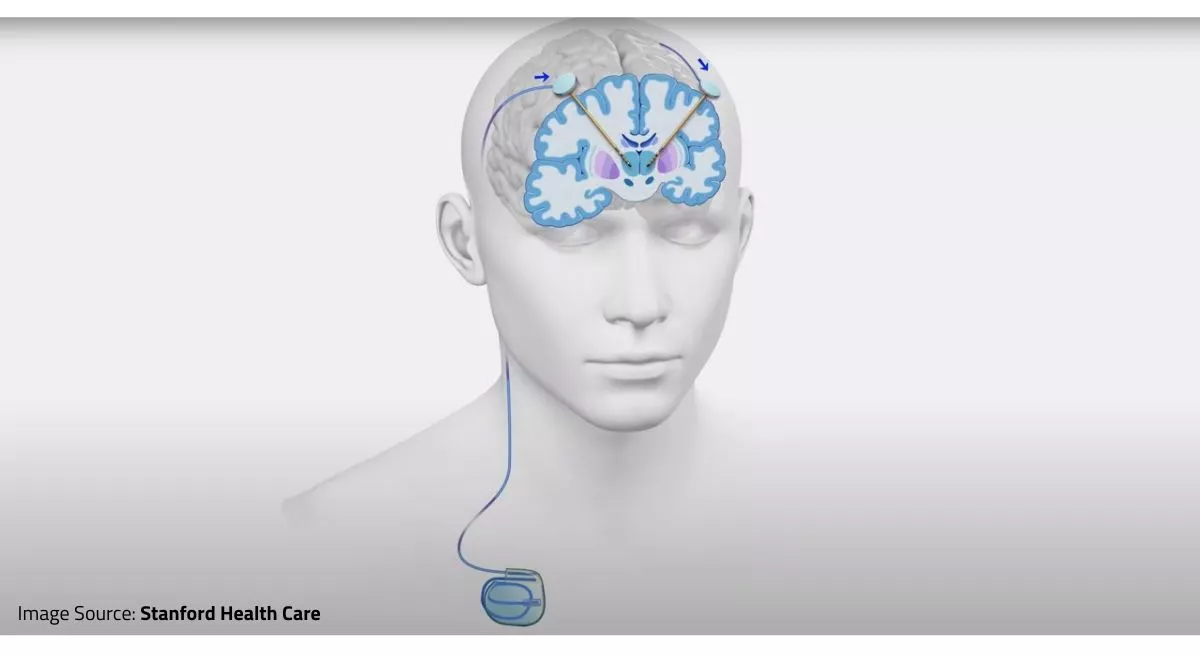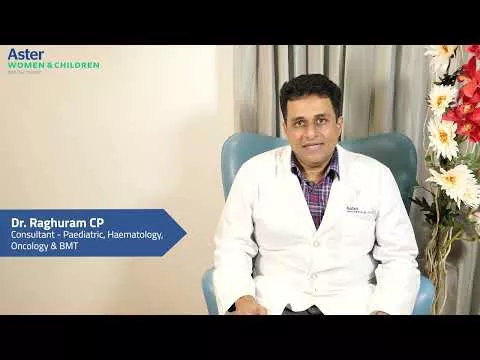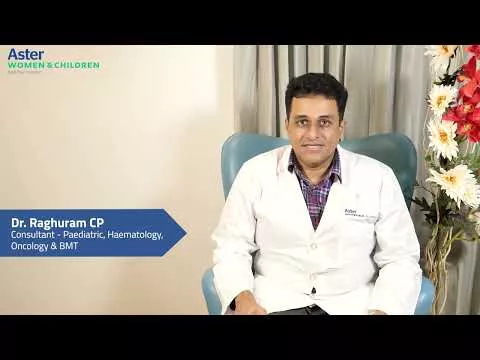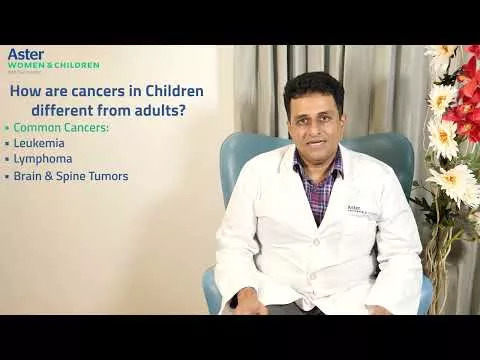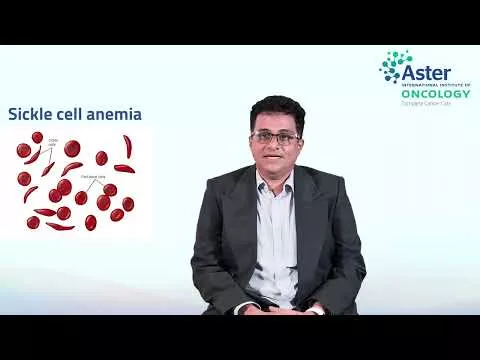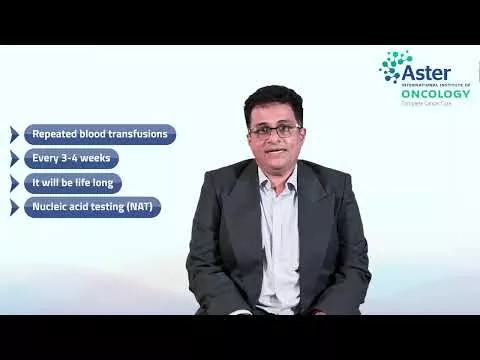Introduction:
Dr. Raghuram CP sheds light on sickle cell anemia—a prevalent hemoglobin disorder impacting children worldwide. Stemming from abnormal hemoglobin, this condition causes red blood cells to assume a sickle shape, leading to arterial blockages and diverse complications.
Symptoms and Challenges:
Children under specialized care for sickle cell anemia commonly present with bone pain, especially in the fingers, chest, abdomen, or limbs. This demographic often contends with anemia, heightened susceptibility to infections, and frequent hospitalizations. The approach to treatment involves a predominantly symptomatic and conservative strategy, encompassing fluid intake, painkillers, IV antibiotics, and occasionally oxygen therapy for chest-related complications. Acute episodes are managed within a hospital setting.
Managing Recurrent Issues:
The approach to recurrent issues includes the prescription of hydroxyurea to mitigate the frequency of complications. In certain cases, repeated blood transfusions or regular exchange transfusions may be recommended. However, the beacon of hope for these children lies in the form of a bone marrow transplant.
The Promise of Bone Marrow Transplants:
Contemplating bone marrow transplants for children grappling with severe symptoms, such as repeated bone pain, acute chest syndrome, frequent hospital admissions, or growth impairments, brings a transformative perspective. In this procedure, bone marrow is sourced from a donor—ideally, a matched sibling, an unrelated donor, or even one of the parents. Importantly, the process assures the donor's safety, even if they happen to be carriers of sickle cell anemia.
Post-Transplant Journey:
Children undergoing a bone marrow transplant for sickle cell anemia can anticipate complete relief from their symptoms. Post-transplant, they typically need to reside near the hospital for three to six months before gradually resuming normal lives.
Specialized Care at Aster Hospitals:
Aster Hospitals in Bangalore boast a dedicated pediatric bone marrow transplant unit, ensuring specialized care tailored to the unique needs of these children.
Conclusion:
In conclusion, for those facing the challenges of sickle cell anemia, hope and effective treatment are offered through bone marrow transplants. Concerned individuals are encouraged to reach out to the expert team at Aster CMI Hospital's Pediatric Bone Marrow Transplant Unit.


